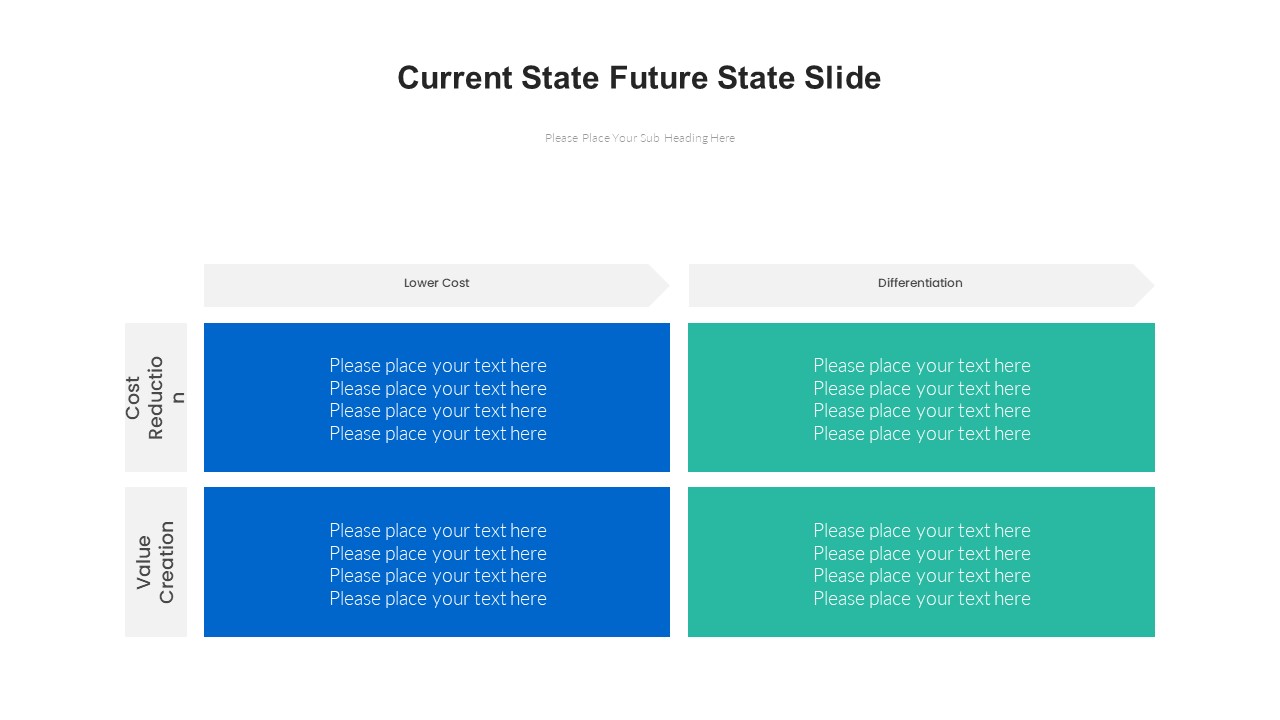The Impact Of Tariffs On IPO Activity: Current State And Future Outlook

Table of Contents
Current Impact of Tariffs on IPO Decisions
Increased tariffs introduce a significant layer of economic uncertainty, directly impacting investor confidence and often delaying or even preventing IPOs. The imposition of tariffs increases the cost of goods, reducing profit margins and making companies less attractive to investors. This uncertainty makes it challenging to accurately predict future earnings, a critical factor for investors valuing a company before an IPO. The resulting hesitation can lead to a postponement or even cancellation of IPO plans.
- Increased costs due to tariffs reduce profit margins. Higher input costs directly translate to lower profitability, making the company less appealing to potential investors.
- Uncertainty surrounding future tariff policies discourages investment. The unpredictable nature of trade relations creates a climate of risk aversion, causing investors to seek more stable investment opportunities.
- Negative media coverage surrounding trade wars can damage a company's image. Public perception of a company embroiled in trade disputes can negatively affect investor sentiment.
- Supply chain disruptions caused by tariffs increase operational risks. Tariffs can disrupt established supply chains, creating logistical challenges and impacting production timelines.
For example, several manufacturing companies have reportedly delayed their IPOs due to concerns about fluctuating tariff rates on imported raw materials, directly impacting their projected profitability and investor confidence.
Sector-Specific Impacts of Tariffs on IPOs
The impact of tariffs on IPOs isn't uniform across all sectors. Some industries are disproportionately affected due to their reliance on imports or exports. Manufacturing companies heavily reliant on imported materials face significantly higher costs, potentially jeopardizing their IPO valuations. Technology companies might experience delays in accessing key components, disrupting product development and timelines. Agricultural businesses are particularly vulnerable to export tariffs, as their revenue streams are directly impacted by trade restrictions.
- Manufacturing companies heavily reliant on imported materials face higher costs. This directly affects their bottom line and reduces their attractiveness to investors.
- Tech companies may experience delays in accessing key components. This can lead to production bottlenecks and delays in bringing new products to market, impacting their IPO prospects.
- Agricultural businesses are particularly vulnerable to export tariffs. Reduced export opportunities can severely impact revenue, making these companies less desirable for investment.
Companies in these sectors are actively adjusting their IPO strategies, exploring diversification options, and carefully considering the timing of their market entry to mitigate the impact of tariffs.
The Role of Investor Sentiment and Market Volatility
Tariff-related uncertainty significantly contributes to market volatility and negatively impacts investor sentiment. Risk-averse investors are more likely to delay investments in IPOs during periods of high trade tensions. This reluctance stems from the increased uncertainty surrounding future earnings and the potential for further market fluctuations. A global economic slowdown, often triggered by trade wars, further exacerbates the situation by reducing overall investment capital available for IPOs.
- Increased volatility makes IPO pricing more challenging. Accurate valuation becomes difficult in a volatile market, potentially leading to pricing errors.
- Uncertainty leads to lower investor demand. Investors are less inclined to invest in companies operating in unpredictable and risky environments.
- Global economic slowdown reduces overall investment capital. Less capital available in the market means fewer resources for new IPOs.
Future Outlook and Potential Mitigation Strategies
The future impact of tariffs on IPO activity depends largely on future trade policies. Increased regulatory clarity and predictability in tariff policies are crucial for restoring investor confidence. Companies can proactively mitigate the negative effects of tariffs by diversifying their supply chains, reducing their reliance on single-source suppliers, and improving their communication with investors about tariff-related challenges. Strategic partnerships can also help share risks and mitigate the impact of trade disruptions.
- Predictability in tariff policies is crucial for investor confidence. Stable and transparent policies reduce uncertainty and encourage investment.
- Diversification of supply chains can reduce vulnerability. Reducing dependence on a single source of materials lessens the impact of tariffs.
- Stronger corporate communication about tariff-related challenges can ease investor concerns. Transparency builds trust and can alleviate investor anxieties.
- Strategic partnerships can help manage risks. Collaboration with other companies can provide access to alternative resources and markets.
Conclusion: Understanding the Impact of Tariffs on IPO Activity
The impact of tariffs on IPO activity is significant and multifaceted. Companies considering an IPO must carefully assess and factor in tariff-related risks. Navigating the complexities of the global trade environment requires a proactive and adaptable approach. Conduct thorough due diligence, seek expert advice, and continuously monitor tariff policies and their influence on IPO activity and Initial Public Offerings. Failure to adequately address these factors could significantly hinder your IPO prospects. Understanding the impact of tariffs on your specific sector and adjusting your strategy accordingly is vital for a successful IPO in today's complex global market.

Featured Posts
-
 Cannes Migrant Sous Oqtf Menace Mere Et Fils Avec Cutter Dans Un Bus
May 14, 2025
Cannes Migrant Sous Oqtf Menace Mere Et Fils Avec Cutter Dans Un Bus
May 14, 2025 -
 Nolte Analyzes Snow Whites Repeated Box Office Failure
May 14, 2025
Nolte Analyzes Snow Whites Repeated Box Office Failure
May 14, 2025 -
 Crisi Festival Di Sanremo L Intervento Di Bucci E Il Piano Alternativo
May 14, 2025
Crisi Festival Di Sanremo L Intervento Di Bucci E Il Piano Alternativo
May 14, 2025 -
 Nomme Vice President Executif Alexis Kohler Rejoint La Societe Generale
May 14, 2025
Nomme Vice President Executif Alexis Kohler Rejoint La Societe Generale
May 14, 2025 -
 Vandaag Inside De Rol Van Donny Huijsen In Het Verhaal Rond Dean Huijsen
May 14, 2025
Vandaag Inside De Rol Van Donny Huijsen In Het Verhaal Rond Dean Huijsen
May 14, 2025
